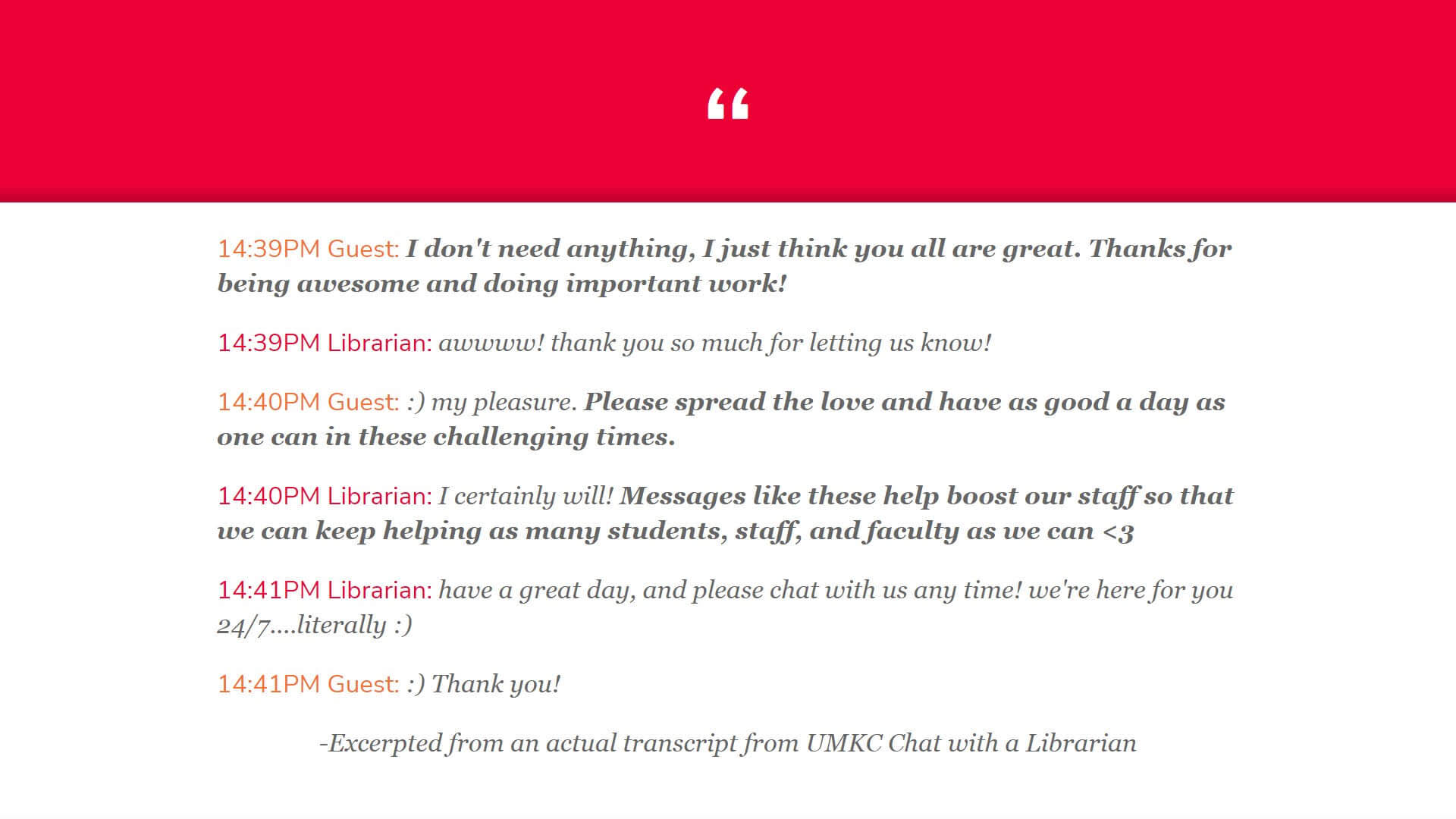Students return to the UMKC campus and the libraries open our doors
Our Health Sciences Library was the first of our physical locations to reopen, responding to the needs of the UMKC medical community. When students returned to the main campus in August 2020 the library was ready to welcome them back with health and safety protocols in place.
Even as employees and users returned in person we knew that some of our changes would be lasting. We improved employee access to benefits like flexible work arrangements and laptops; provided new virtual services like video consultations, synchronous online teaching, and developed a process to provide quick-turnaround digitization of materials; and revamped out approach to our diversity, equity, and inclusion with a re-focused Equity Committee, an organizational Equity Plan, and a constellation of task forces and project groups to provide continuity for the momentum we gained in June.

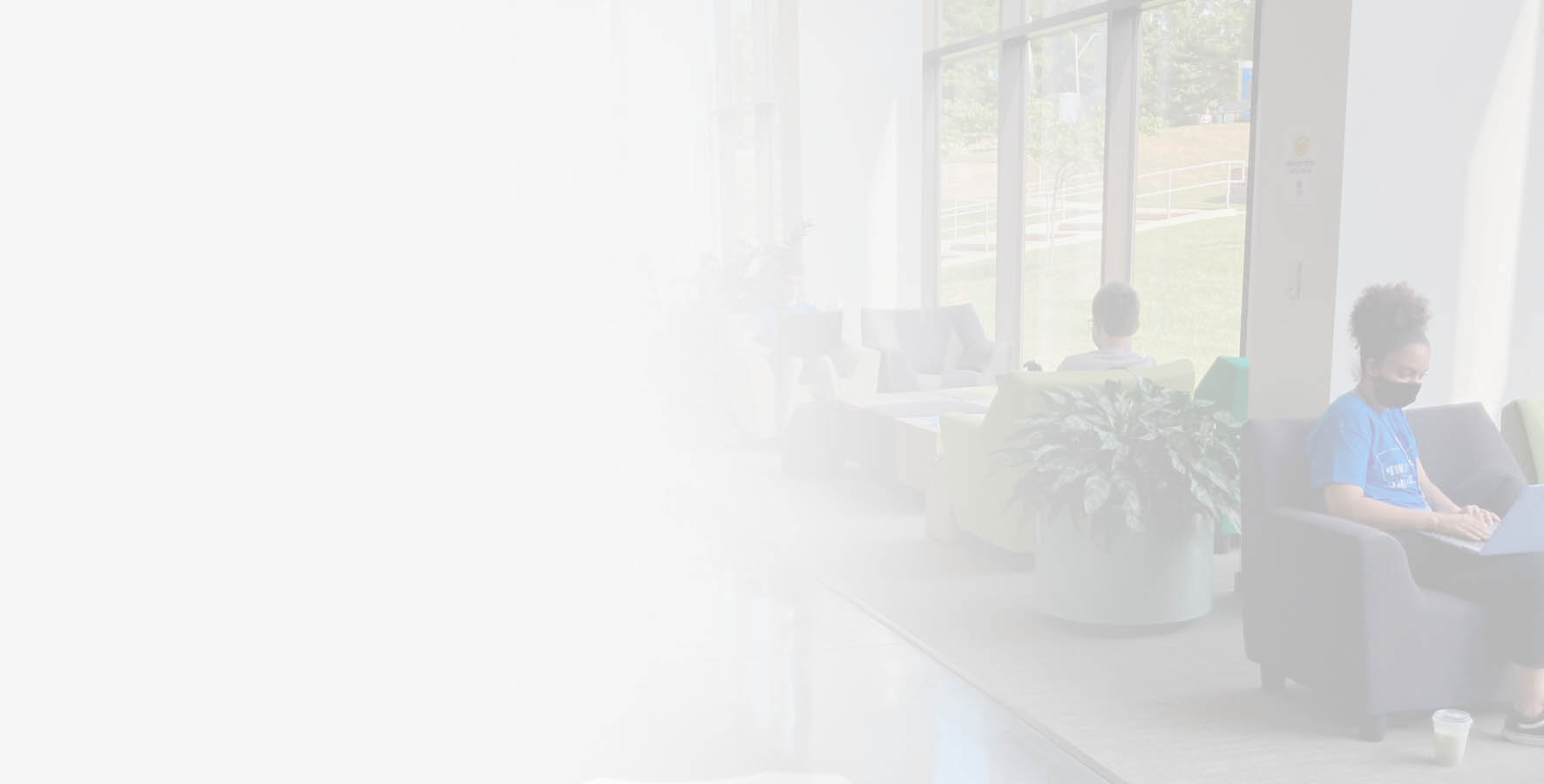
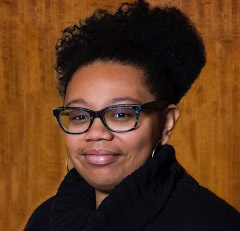
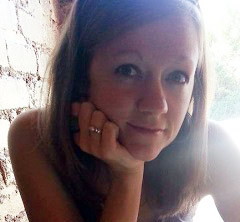

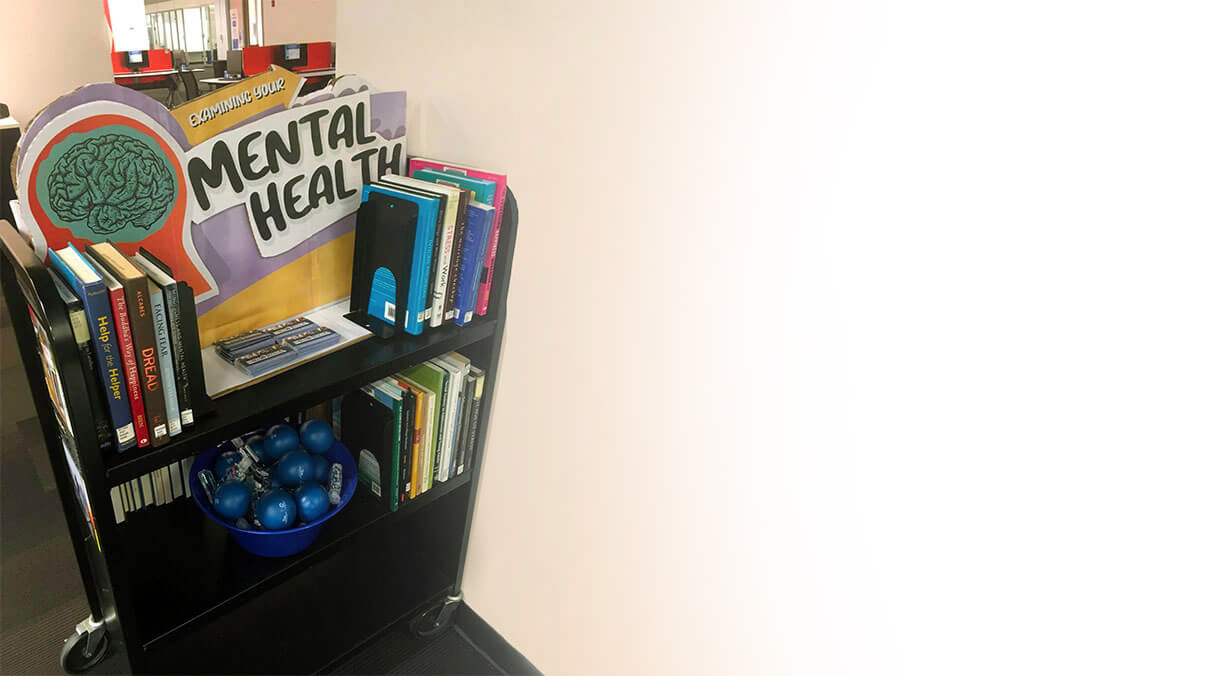
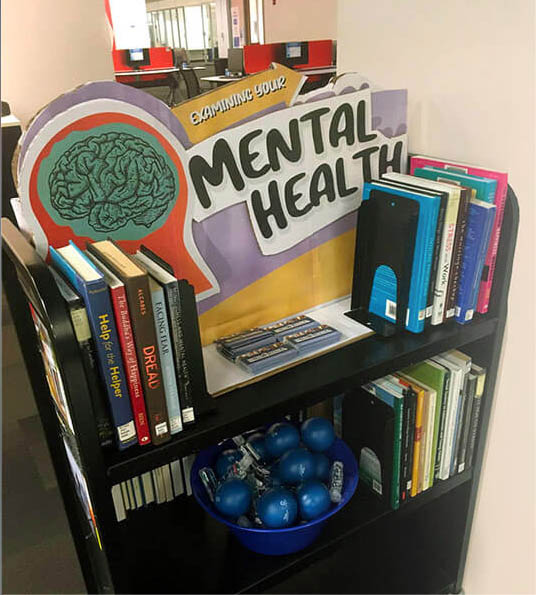
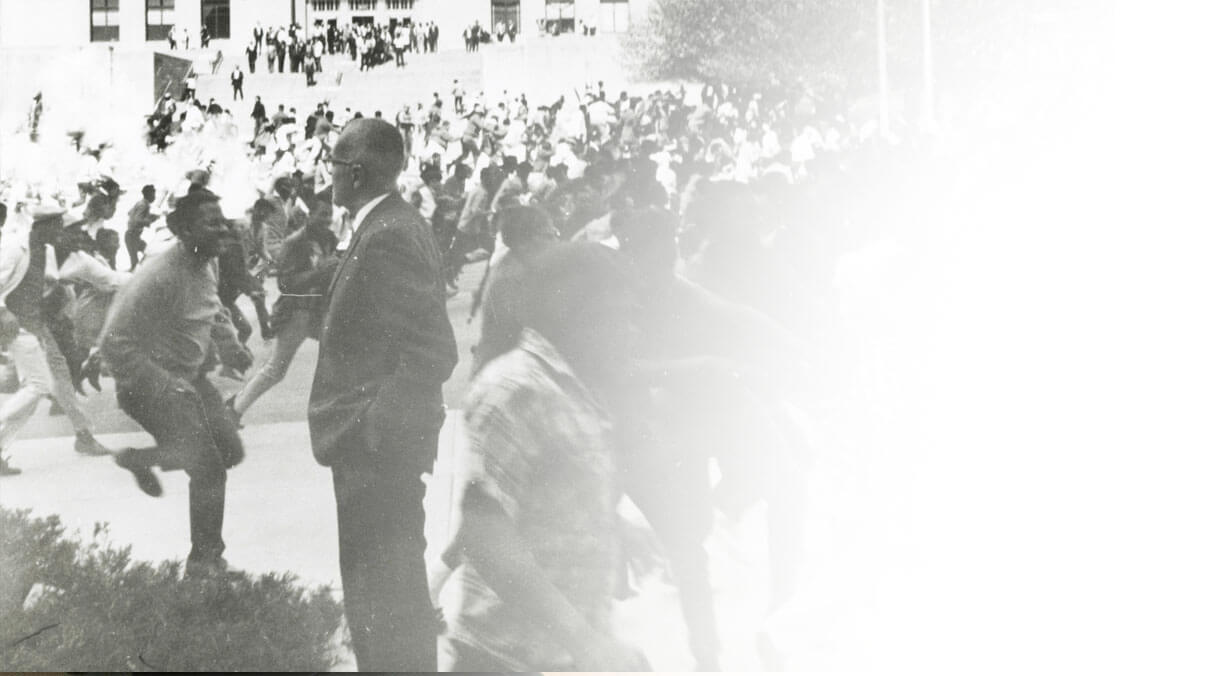
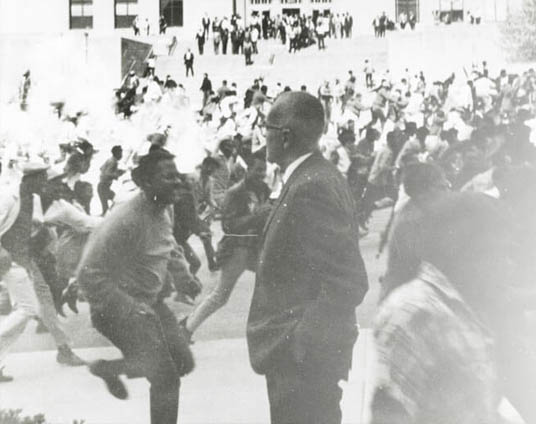
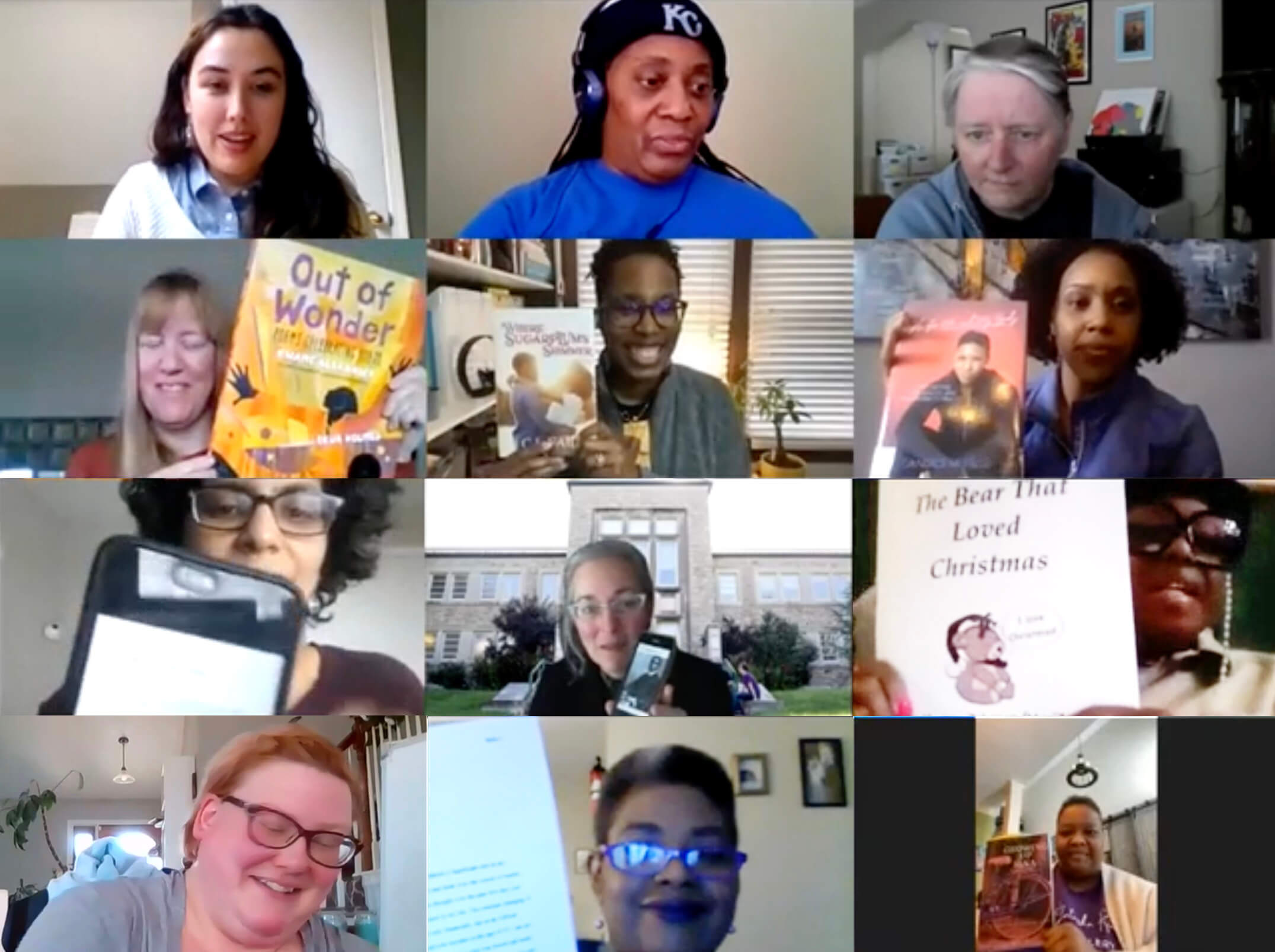
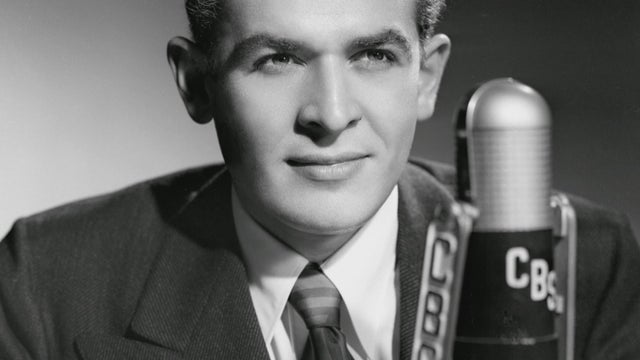
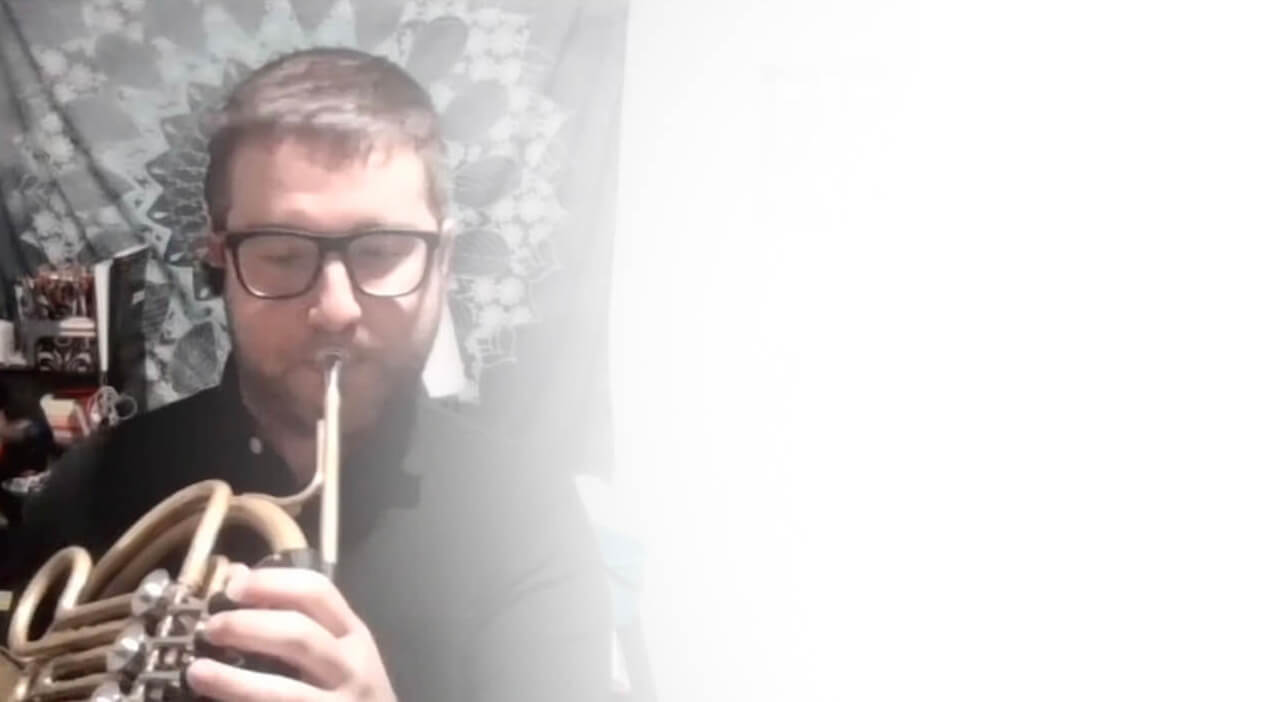
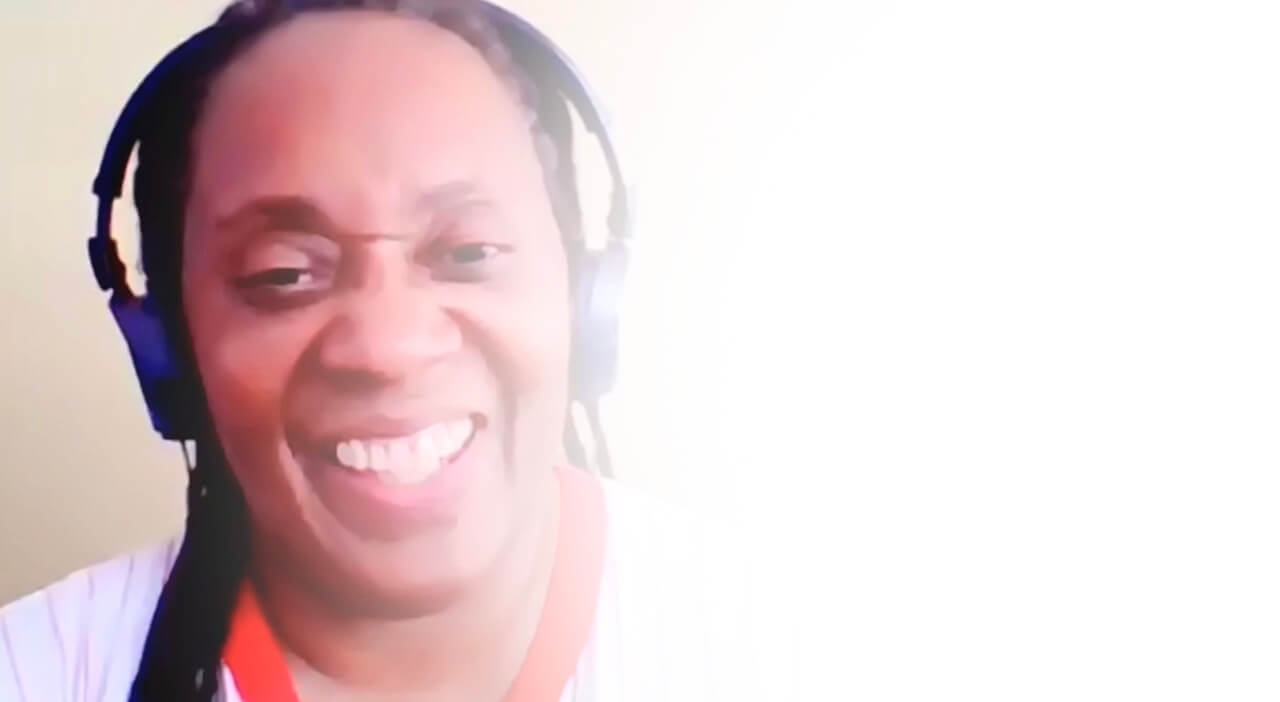
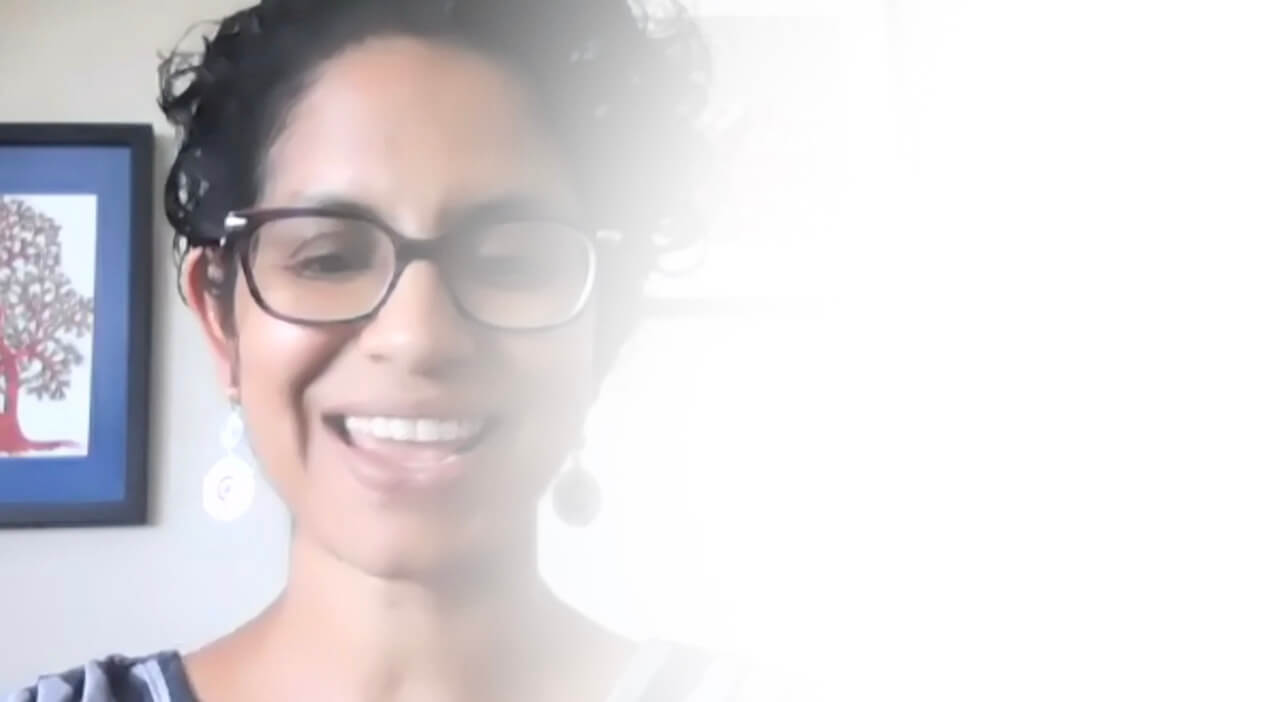
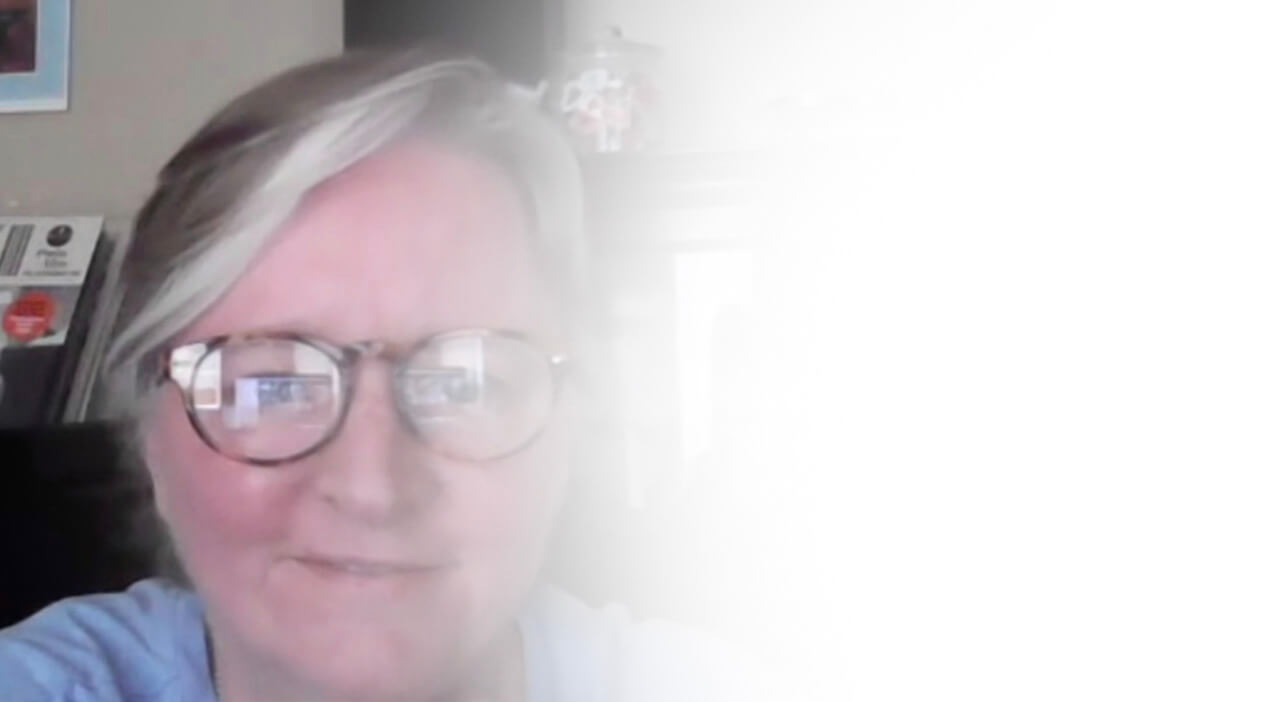
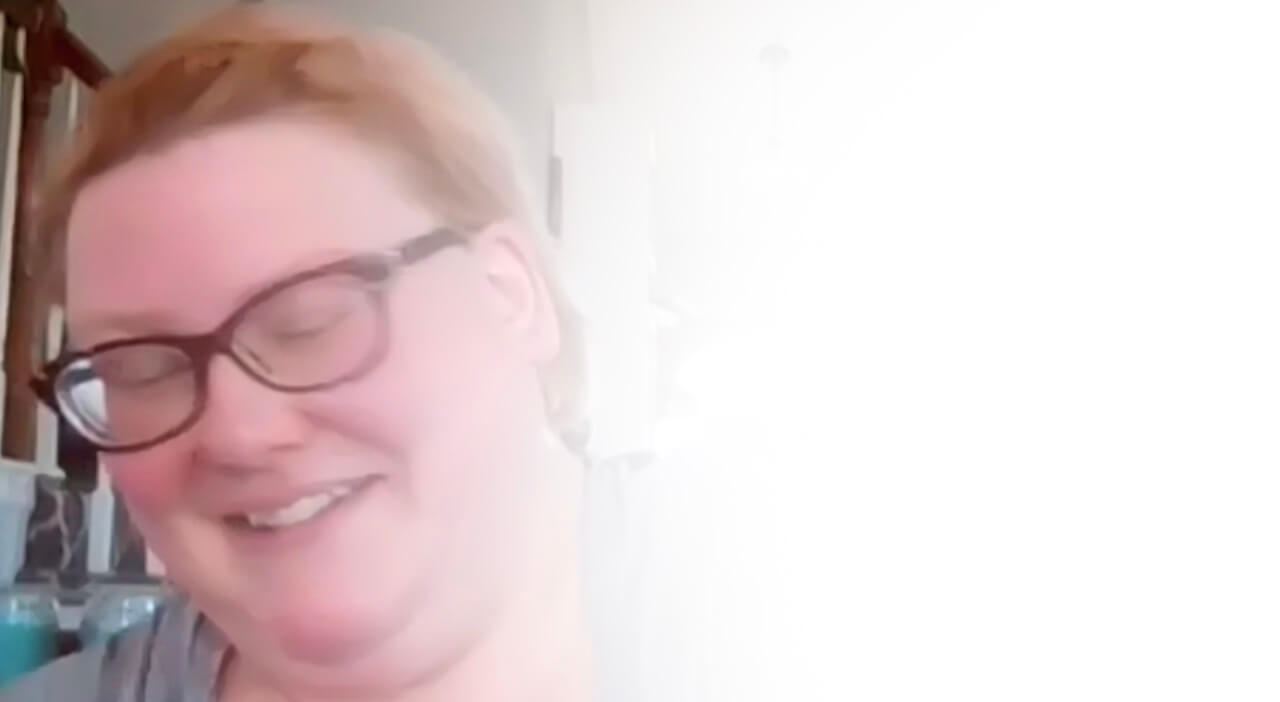

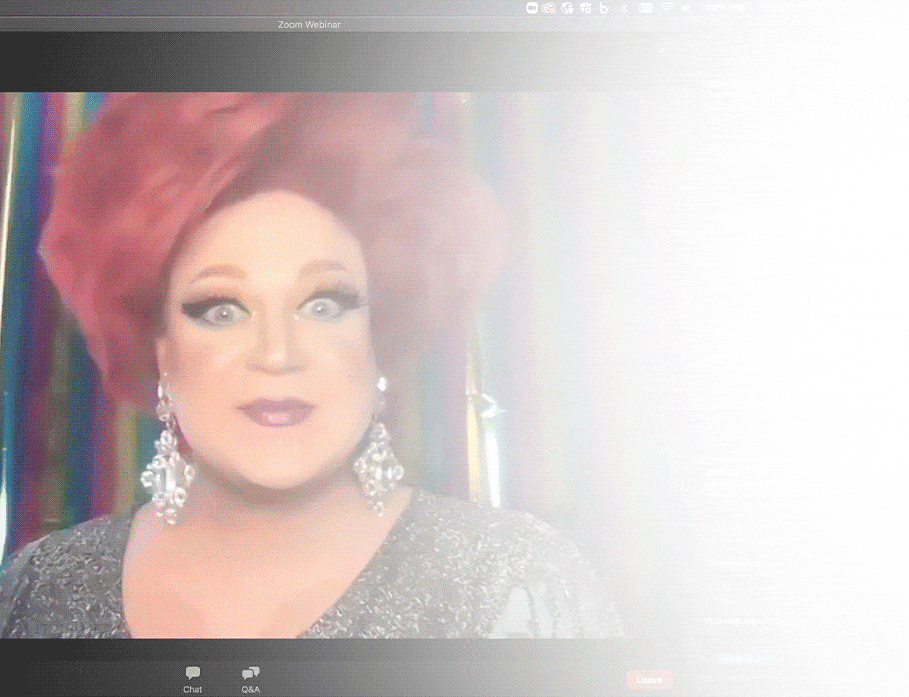
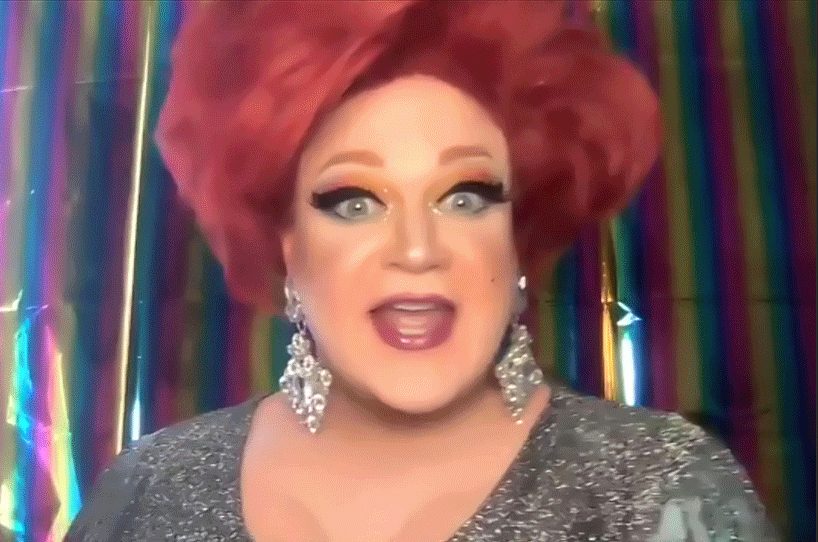

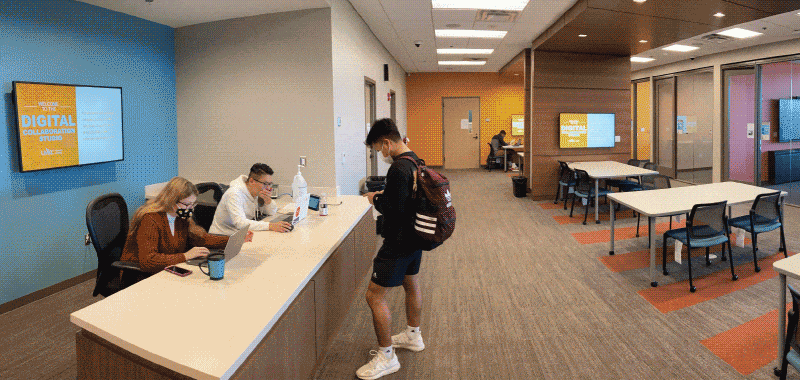










 Bonnie Postlethwaite, Dean of Libraries After 14 years with UMKC, Dean Postlethwaite retired July 10, 2020. Dean Postlethwaite oversaw many important changes at the UMKC Libraries, and we continue to benefit from her leadership and guidance.
Bonnie Postlethwaite, Dean of Libraries After 14 years with UMKC, Dean Postlethwaite retired July 10, 2020. Dean Postlethwaite oversaw many important changes at the UMKC Libraries, and we continue to benefit from her leadership and guidance.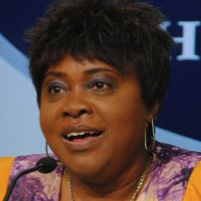 Gloria Tibbs, Organizational Development Coordinator
Gloria retired in February 2020, but her mark on the UMKC Libraries will be felt for years to come. Gloria founded the UMKC Libraries African American Read-In, and brought a clear vision of diversity, equity, and inclusion to the libraries.
Gloria Tibbs, Organizational Development Coordinator
Gloria retired in February 2020, but her mark on the UMKC Libraries will be felt for years to come. Gloria founded the UMKC Libraries African American Read-In, and brought a clear vision of diversity, equity, and inclusion to the libraries.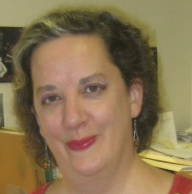 Wendy Sistrunk, Head of Cataloging & Metadata Management Wendy retired from UMKC in April of 2021. After a dedicated tenure as the head of metadata and cataloging, Wendy’s contributions and insight will be missed.
Wendy Sistrunk, Head of Cataloging & Metadata Management Wendy retired from UMKC in April of 2021. After a dedicated tenure as the head of metadata and cataloging, Wendy’s contributions and insight will be missed. 2021 Friends of the Library Scholarship Winner Tim Dennison, undergraduate UMKC Conservatory student, won the 2021 scholarship with his essay detailing how the UMKC Libraries and resources helped him craft his essay “Mozart’s Theory of Conformity”.
2021 Friends of the Library Scholarship Winner Tim Dennison, undergraduate UMKC Conservatory student, won the 2021 scholarship with his essay detailing how the UMKC Libraries and resources helped him craft his essay “Mozart’s Theory of Conformity”. Ashley Pendleton is the recipient of the 2021 Martha Jane Starr Library Research Award, a graduate research award granted to graduate students whose work features a focus on women’s, gender, and sexuality studies. The title of her work is “From ‘I Want’ to ‘I Am Going To’: the Patricia Stevens Modeling Agency as a Feminist Literacy Sponsor for Girls.”
Ashley Pendleton is the recipient of the 2021 Martha Jane Starr Library Research Award, a graduate research award granted to graduate students whose work features a focus on women’s, gender, and sexuality studies. The title of her work is “From ‘I Want’ to ‘I Am Going To’: the Patricia Stevens Modeling Agency as a Feminist Literacy Sponsor for Girls.”